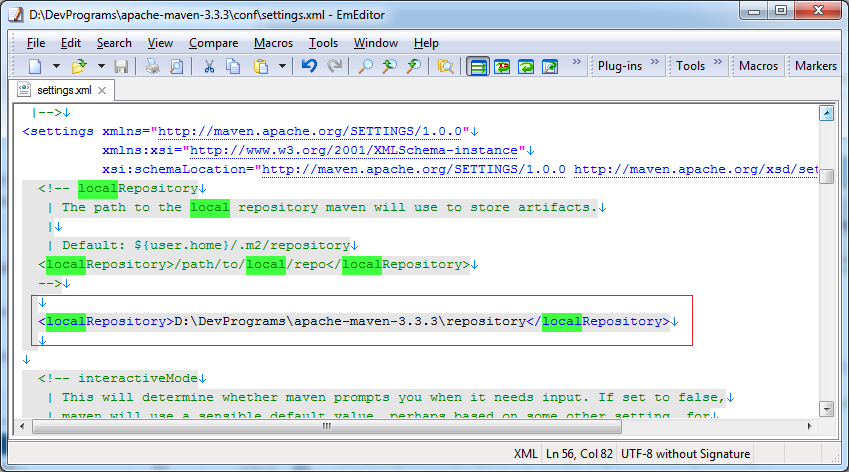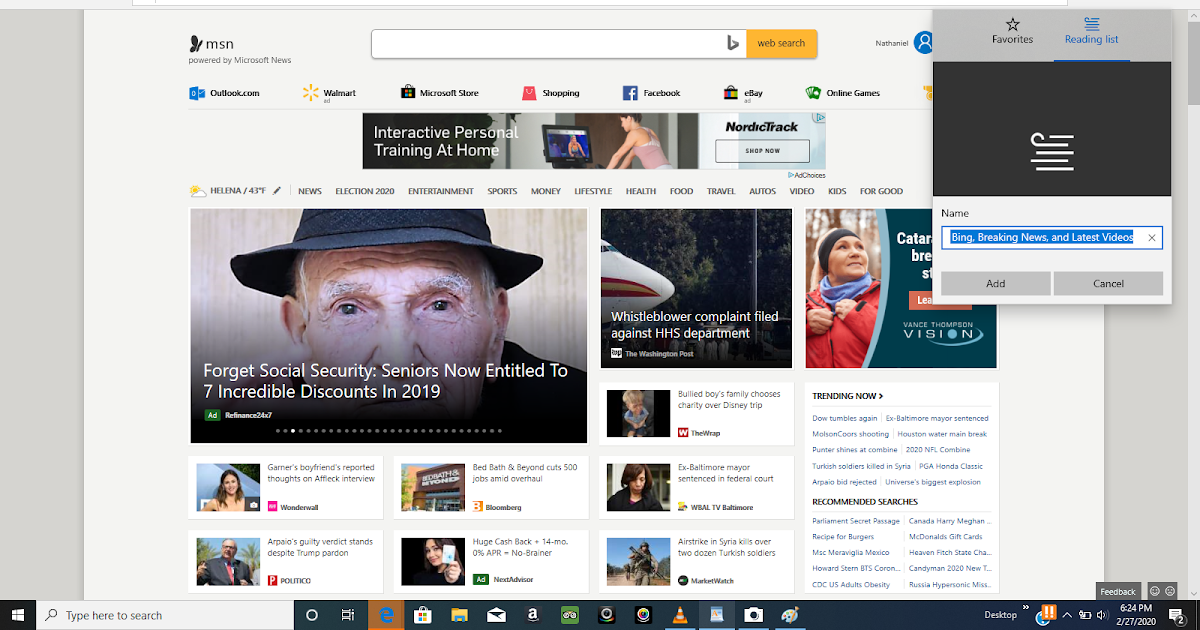Download maven and extract it; Add JAVAHOME and MAVENHOME in environment variable; Add maven path in environment variable; Verify Maven; 1) Download Maven. To install maven on windows, you need to download apache maven first. Download Maven latest Maven software from Download latest version of Maven. For example: apache-maven-3.1.1-bin.zip. Download the latest version of IntelliJ IDEA for Windows, macOS or Linux.
The current Gradle release is 6.7. You can download binaries and view docs for all Gradle versions from the releases page.
Prerequisites
Gradle runs on all major operating systems and requires only a Java JDK version 8 or higher to be installed. To check, run java -version:
Install Maven on Mac. Maven is the most widely used build and project dependency management tool for Java-based applications. We can install Maven on Mac OS using a package manager such as HomeBrew or through XCode Command Line Tools. But, in this tutorial, we will learn how to install Maven on Mac OS without using any other software. Download Recommended 1.12.2 - 14.23.5.2854. Note that the downloads in the list below are for getting a specific version of Forge. Unless you need this, prefer the links to latest and recommended builds above instead. Show all Versions. Version Time Downloads. Microsoft Windows users. In File Explorer right-click on the This PC (or Computer) icon, then click Properties- Advanced System Settings- Environmental Variables. Under System Variables select Path, then click Edit.Add an entry for C:Gradlegradle-6.7bin.Click OK to save. Verify your installation. Open a console (or a Windows command prompt) and run gradle -v to run gradle.
Additional resources
- On-demand and live online training is available for free to Gradle users.
- Self-paced tutorials are a good place to try Gradle with a variety of languages in addition to the docs.
- Gradle has a new visual build inspection tool called build scans.
- Finally, the Gradle Newsletter is a great way to keep
UP-TO-DATE, with issues crafted monthly.
Installing with a package manager
SDKMAN! is a tool for managing parallel versions of multiple Software Development Kits on most Unix-based systems.
Homebrew is “the missing package manager for macOS”.
Other package managers are available, but the version of Gradle distributed by them is not controlled by Gradle, Inc. Linux package managers may distribute a modified version of Gradle that is incompatible or incomplete when compared to the official version (available from SDKMAN! or below).
› Additional helpful information
Installing manually
Step 1. Download the latest Gradle distribution
The current Gradle release is version 6.7, released on 14 Oct 2020. The distribution zip file comes in two flavors:

- Complete, with docs and sources
If in doubt, choose the binary-only version and browse docs and sources online.
Need to work with an older version? See the releases page.
Step 2. Unpack the distribution
Linux & MacOS users
Unzip the distribution zip file in the directory of your choosing, e.g.:
Microsoft Windows users
Create a new directory C:Gradle with File Explorer.
Open a second File Explorer window and go to the directory where the Gradle distribution was downloaded. Double-click the ZIP archive to expose the content. Drag the content folder gradle-6.7 to your newly created C:Gradle folder.
Alternatively you can unpack the Gradle distribution ZIP into C:Gradle using an archiver tool of your choice.
Step 3. Configure your system environment
Linux & MacOS users

Configure your PATH environment variable to include the bin directory of the unzipped distribution, e.g.:

Microsoft Windows users
In File Explorer right-click on the This PC (or Computer) icon, then click Properties -> Advanced System Settings -> Environmental Variables.
Under System Variables select Path, then click Edit. Add an entry for C:Gradlegradle-6.7bin. Click OK to save.
Step 4. Verify your installation
Open a console (or a Windows command prompt) and run gradle -v to run gradle and display the version, e.g.:
› Additional helpful information
Upgrade with the Gradle Wrapper
If your existing Gradle-based build uses the Gradle Wrapper, you can easily upgrade by running the wrapper task, specifying the desired Gradle version:
Note that it is not necessary for Gradle to be installed to use the Gradle wrapper. The next invocation of gradlew or gradlew.bat will download and cache the specified version of Gradle.
› Additional helpful information
Older Releases

You can find all releases and their checksums on the releases page.
Download Maven Mac Homebrew
Command-Line Completion
Download Maven 3.0.5 Mac
Command-line completion scripts are available for bash and zsh. This provides completion for Gradle tasks and command-line options.